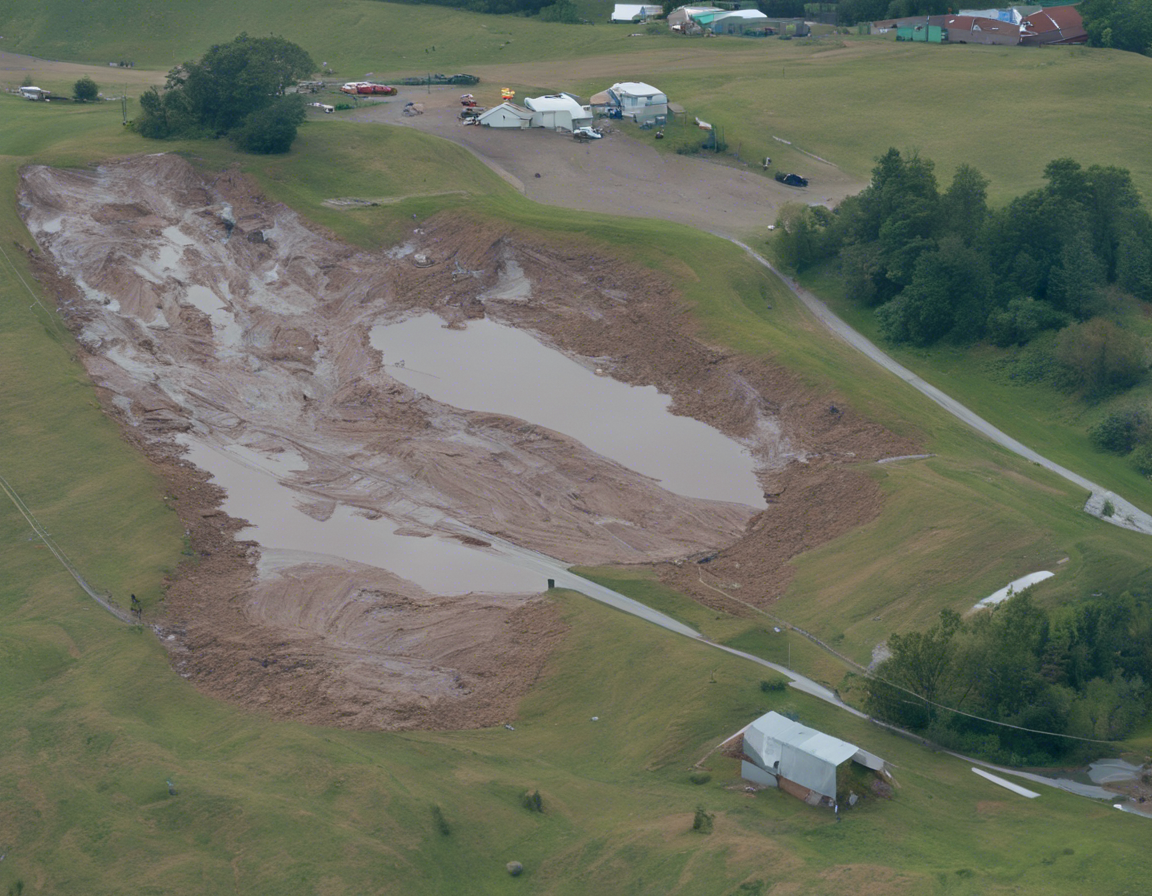In the world of cybersecurity, data breaches are unfortunately all too common. One recent incident that has captured the attention of both security experts and the general public is the Brecki Hill Leak. This breach has raised significant concerns about data privacy and the security of personal information online. In this comprehensive article, we will delve into the details of the Brecki Hill Leak and provide insights on what individuals and organizations need to know to protect themselves against such incidents.
The Brecki Hill Leak: An Overview
The Brecki Hill Leak refers to a data breach that occurred in early 2021, where a significant amount of sensitive information was exposed due to vulnerabilities in a popular online platform. The breach exposed data such as usernames, email addresses, passwords, and potentially even financial information of millions of users.
How Did the Breach Happen?
The breach at Brecki Hill was the result of a sophisticated cyberattack that exploited weaknesses in the platform’s security infrastructure. Hackers were able to gain unauthorized access to the platform’s databases, where they could exfiltrate large amounts of sensitive data without detection.
Impact of the Breach
The impact of the Brecki Hill Leak is far-reaching and has implications for both individuals and organizations. Users who had their information exposed in the breach are at risk of identity theft, fraud, and other malicious activities. For organizations, the breach has damaged their reputation and trust among customers, leading to potential financial losses and legal consequences.
Protecting Yourself Against Data Breaches
In light of incidents like the Brecki Hill Leak, it is crucial for individuals and organizations to take proactive steps to protect themselves against data breaches. Here are some best practices to enhance your cybersecurity posture:
1. Use Strong, Unique Passwords
- Avoid using common passwords like “123456” or “password”.
- Use a password manager to generate and store complex, unique passwords for each online account.
2. Enable Two-Factor Authentication (2FA)
- 2FA adds an extra layer of security by requiring a second form of verification, such as a code sent to your phone, in addition to your password.
3. Regularly Update Your Software and Devices
- Keep your operating system, applications, and antivirus software up to date to patch vulnerabilities that could be exploited by cybercriminals.
4. Be Cautious of Phishing Attempts
- Exercise caution when clicking on links or downloading attachments in unsolicited emails.
- Verify the sender’s email address and look for any red flags indicating a fraudulent message.
5. Monitor Your Accounts
- Regularly review your bank and credit card statements for any unauthorized transactions.
- Report any suspicious activity to your financial institution immediately.
Frequently Asked Questions (FAQs)
1. What should I do if I suspect that my information was exposed in the Brecki Hill Leak?
If you believe your information was compromised in the Brecki Hill Leak, immediately change your passwords for the affected accounts and enable 2FA if available. Monitor your accounts for any suspicious activity and consider placing a fraud alert on your credit report.
2. Can I hold Brecki Hill accountable for the data breach?
Depending on the circumstances of the breach and the applicable laws, you may have legal recourse against Brecki Hill if they were negligent in protecting your data. Consult with a legal professional to explore your options.
3. How can organizations prevent data breaches like the one at Brecki Hill?
Organizations can enhance their cybersecurity posture by implementing robust security measures such as encryption, network monitoring, employee training, and regular security audits. Working with cybersecurity experts to assess vulnerabilities and strengthen defenses is also recommended.
4. Is my data safe on online platforms?
While no system is completely immune to breaches, reputable online platforms invest in security measures to protect user data. It is essential for users to exercise caution when sharing personal information online and to regularly review their privacy settings to control who has access to their data.
5. How can I stay informed about data breaches and cybersecurity threats?
Stay informed about the latest data breaches and cybersecurity threats by following reputable sources such as cybersecurity blogs, news outlets, and government agencies. Consider subscribing to security alerts and updates from organizations that provide cybersecurity information.
In conclusion, the Brecki Hill Leak serves as a stark reminder of the importance of cybersecurity and data protection in today’s interconnected world. By staying informed, adopting best practices, and being vigilant against cyber threats, individuals and organizations can mitigate the risks associated with data breaches and safeguard their sensitive information.
